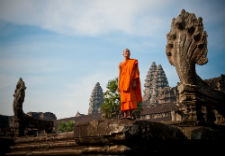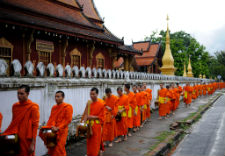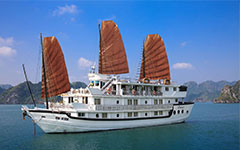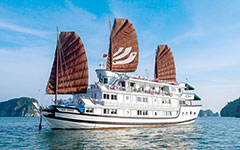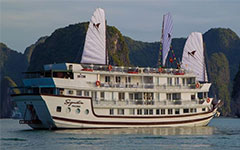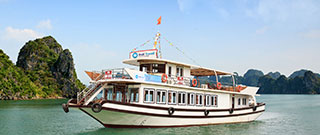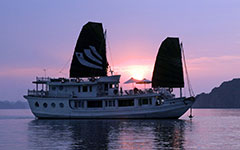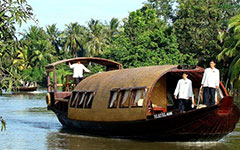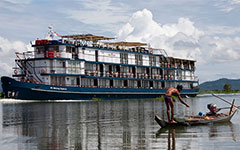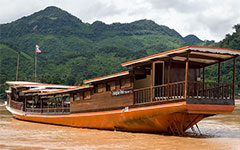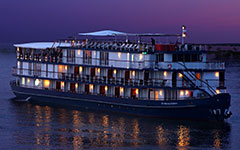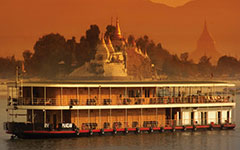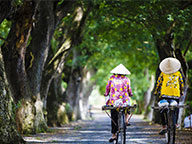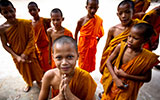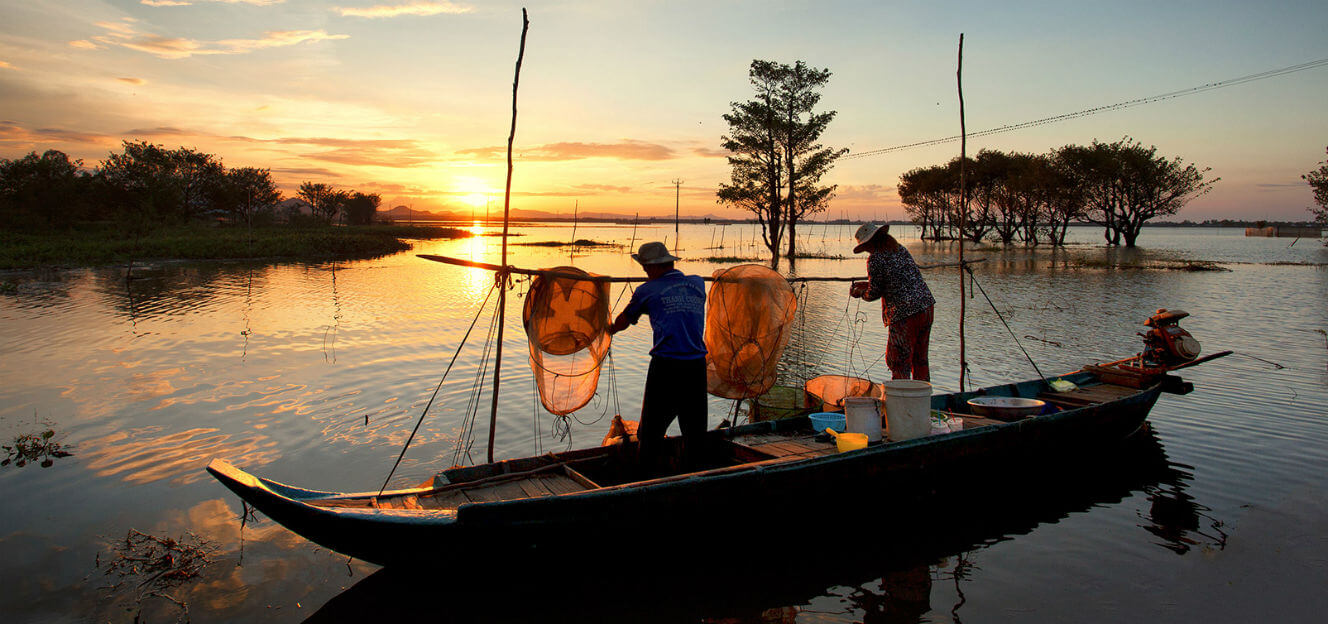Travelers' Diarrhea
Travelers’ diarrhea is the most common travel-related illness. It can occur anywhere, but the highest-risk destinations are in most of South East Asia
PREVENTION
In otherwise healthy adults, diarrhea is rarely serious or life-threatening, but it can certainly make for an unpleasant trip. Take steps to avoid diarrhea when you travel
Eat & Drink Safely
Choose foods and beverages carefully to lower your risk of diarrhea (see Food & Water Safety). Eat only food that is cooked and served hot. (Avoid, for example, food that has been sitting on a buffet.) Eat raw fruits and vegetables only if you have washed them in clean water or peeled them. Drink only beverages from factory-sealed containers, and avoid ice (because it may have been made from unclean water)
Keep your hands clean
Wash your hands often with soap and water, especially after using the bathroom and before eating. If soap and water aren’t available, use an alcohol-based hand sanitizer. In general, it’s a good idea to keep your hands away from your mouth
TREATMENT
Fluid Replacement
People with diarrhea should drink lots of fluids to stay hydrated. This is especially important for young children or adults with chronic illnesses. In serious cases of travelers’ diarrhea, oral rehydration solution-available online or in pharmacies in developing countries—can be used for fluid replacement.
Antibiotics
Many travelers carry antibiotics with them so they can treat diarrhea early if they start to get sick. The choice of antibiotics varies depending on the destination. Ask your doctor if you should take an antibiotic on your trip.
Over-the-Counter Drugs
Several drugs, such as Lomotil or Imodium, can be bought over-the-counter to treat the symptoms of diarrhea. These drugs decrease the frequency and urgency of needing to use the bathroom, and they may make it easier for a person with diarrhea to ride on a bus or airplane while waiting for an antibiotic to take effect.

